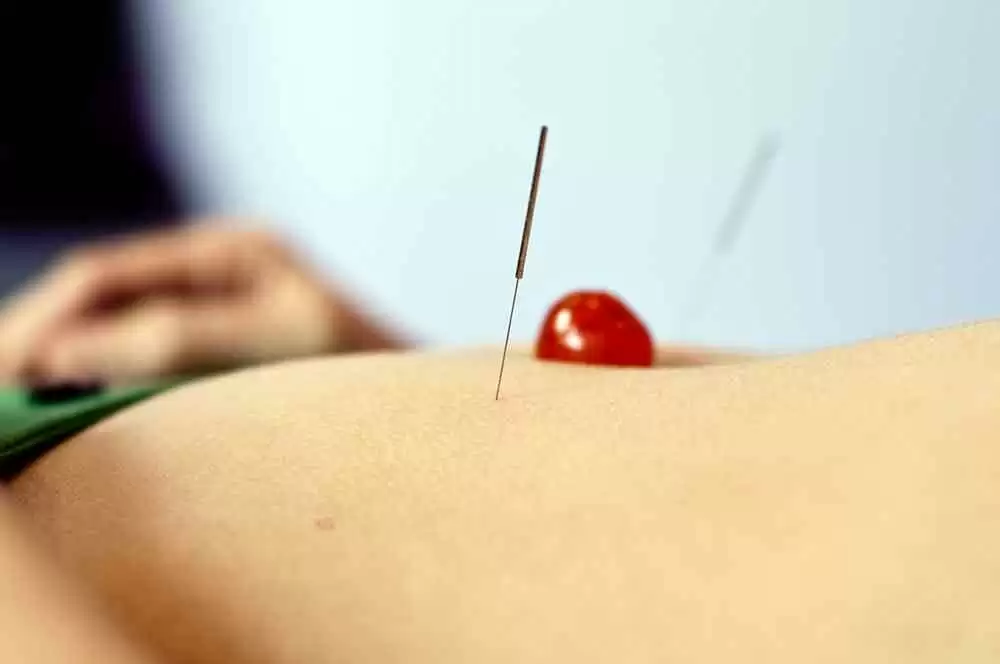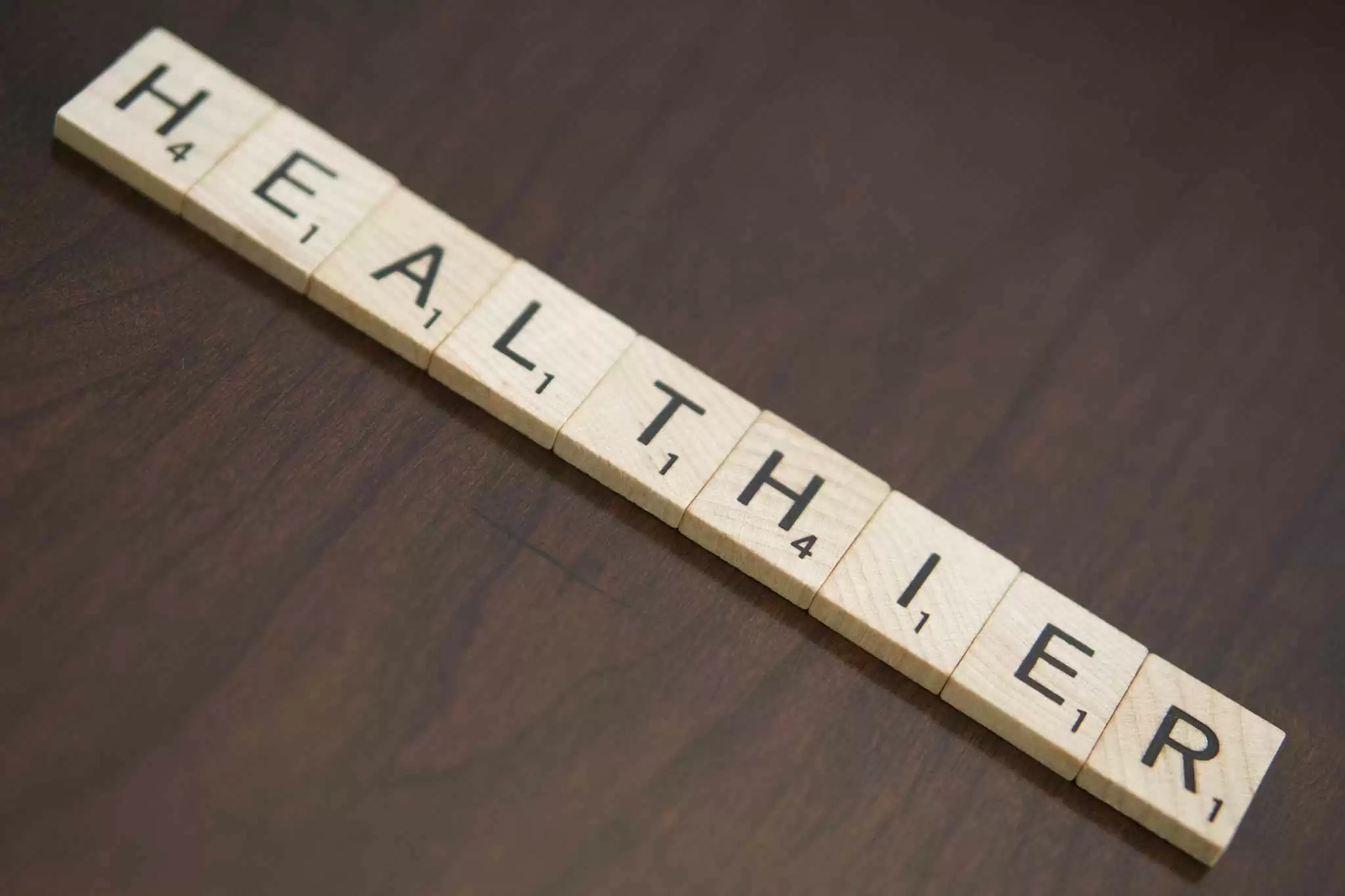
Celiac.com 10/26/2018 - Did you know that a new study shows people with celiac disease are more likely to suffer nerve damage? Jonas E. Ludvigsson, a clinical epidemiology Professor in Sweden, discovered that women with celiac disease are 2.5 times more likely to develop neuropathy or nerve damage. There is a real association between celiac disease and nerve damage. "We have precise risk assessments in a way we haven't had before" he stated last year. Yet even Sweden has its quandaries. 60% of women in Sweden who have celiac disease have neuropathy and they do not totally know why! Statistics vary from country to country, and even vary between specialists within that country. Nerve damage is no laughing matter, it presents with numbness and tingling of exterior areas (extremities).
Basically, numbness in the nerve endings of the fingers and toes and other frustrating areas. Just try picking up pencils, or something hot out of the oven. If you do not feel the heat you will know that you may have nerve damage. Following a rigid gluten-free diet, however, can alleviate this problem to a certain degree, and that is why we keep repeating the mantra: “Eat Clean & Gluten-Free!” However, sometimes accidents happen, and people who have celiac disease, gluten sensitivity, or dermatitis herpetiformis get exposed to gluten.
Celiac.com Sponsor (A12):
How to Recover From Accidental Gluten Exposure
Kathy Holdman, M.S., R.N. and Certified Nutritional Therapist lists numerous ways to recover after gluten exposure. You need to take into account the amount of gluten exposure, length of time from last exposure, degree of gluten intolerance present, health of the digestive tract, existing inflammation or infection in the body and overall health status. Some people say they can recover in a few days, others say they may experience significant setbacks in their health that lasts weeks to months. For those with positive celiac disease it may take years for complete healing of the small intestine after gluten exposure, although "outward symptoms" may resolve sooner.
Nurse Holdman suggests the following 10 tips to help alleviate symptoms from gluten exposure, and hopefully speed up recovery:
- Drink plenty of water, and this cannot be emphasized enough. Water is an essential nutrient for every cell in the body for proper function. Many people live in a state of chronic dehydration, which of course results in constipation. Then they take something to rid themselves of constipation and take too much and lose potassium, magnesium and throw out the balance of the salts in their body. When you have celiac disease you learn something new every week. Last week an Internist told me, after incurring my second bladder infection in eight weeks, that it could possibly be from the diarrhea following being glutened, and not totally washing myself. That made me a little sick just thinking about it. But, she told me an interesting fact about urinary tract infections and celiac disease. Celiacs do incur more frequent urinary tract infections due to more frequent diarrhea, no matter how meticulously clean we are. Taking four or five "Craisins" with each meal several times a day can limit the amount of bladder infections. I told her that I was also taking Cranberry tablets and she told me to throw them out because they are "useless." She said that you do not need to buy fresh cranberries, as they are "sour and expensive." Just buy a bag of the dried Craisins and eat some either before or after meals. Ingredients in the pure dried cranberries helps prevent bladder infections from occurring. Studies done in several Nursing Homes where many incontinent patients lived were given five Craisins either alone or in a salad twice daily and the decrease in urinary tract infections was nothing less than amazing.
- Get extra sleep and rest. Sleep is the time your body repairs itself. Avoid strenuous exercise, (the type that causes you to sweat). Exercise in moderation is what I think she wants to tell us.
- Drink bone broth. It is rich in minerals and gelatin and other nutrients that are soothing to the digestive system and nourishing to the entire body. Another health benefit of bone broth is hydration, and the more liquid intake the better. You can dress up bone broth with onions and garlic to improve the taste.
- Take epson salt baths. They contain magnesium, a mineral that can help the body to relax. The sulphate minerals found in Epson Salts are detoxifying, and they can stimulate the lymphatic system and support the immune system. Nurse Holdman also urges us to take digestive enzymes which can help modulate the symptoms of celiac disease.
- Take digestive enzymes. If taken immediately following the accidental consumption of gluten, some people believe that digestive enzymes can help to modulate the symptoms of celiac disease. It is well known that digestive enzymes soothe the stomach lining and ease the abdominal pain.
- Drink ginger or peppermint tea. They are both known to help relieve nausea and can be soothing to the digestive system. Drink a cup if you are having nausea or other gastrointestinal symptoms.
- Take activated charcoal. It is an over-the-counter-supplement that may be beneficial if taken immediately after an attack. It helps by binding with the offending food and preventing it from being absorbed into the body. This supplement can bind with medications so be sure to consult your licensed health care professional prior to taking it, especially if you take medications for other diseases or conditions.
- Eat fermented foods. Who knew!? Possibly the Koreans and their staple Kim Chi, or the Ukrainians/Romanians with their fermented red cabbage coleslaw of course! Fermented foods are high in nutrients that nourish the entire body. Start out with a small amount of fermented food and slowly increase it.
- Drink nettle leaf tea. It is an antispasmodic with antihistamine properties. It can help relieve muscle and joint pain, and relax your body naturally. Neither gluten intolerance nor celiac disease are mediated by histamine, but some people report that nettle leaf can help relieve symptoms of rash and itching following gluten exposure. It is a gentle diuretic and can be detoxifying. So if you experience dehydration symptoms it is time to drink more water.
- Get acupuncture treatments. It may relieve inflammation, especially in the abdominal area, and it can be relaxing. Only you can tell how many treatments are beneficial, and you need to take into consideration the cost factor because most health insurance plans do not cover acupuncture.
Tips to Help People with Dermatitis Herpetiformis Recover from Accidental Gluten Exposure
A suggestion from Me: If you have itching from dermatitis herpetaformis, try Scalpacin. I have been using it for years and nothing stops the itching in such a short time span. Once the sores start to appear, even just a slight "itch" is like a doorbell warning you ahead of time. I apply Scalpacin lotion, which is not a cream, but is a clear liquid. At first it stings but that is how I know that I have an impending outbreak. It is a non-fragrant liquid. You can use it on your scalp without totally ruining your hair style. Don't wash you hair with it, search out the spots, or, if you have a partner, they may be able to help you with the sores in your scalp, and you can point out itchy areas.
For dermatitis herpetiformis itch you can also try a mix of baking soda and water by making it into a paste. This is not great for your scalp and hair, but it will ease the itching. It can be a little messy when it dries and the white powder flakes off on your floors, but you do not have to use it for hours at a time; it is a temporary method for temporary relief.
You can also ask your physician if he or she will prescribe the prescription drug "Atarax" for you. It is a strong allergy medication and must be taken exactly as directed. It really helps the itch, but it can be sedating, especially when first trying it. Don't over-use the prescribed dosage. I would not suggest driving a car while taking Atarax, but if the itching, scabbing and bleeding have become so severe it definitely is the one allergy medication that helps with the itching from dermatitis herpetiformis. I have tried Benadryl, Claritin and other over the counter allergy medications, and nothing works as well as Atarax. Talk to your family physician about a prescription and read the instructions carefully.
Hopefully these tips will prove helpful in the unfortunate event that you ever get cross-contaminated by gluten. I certainly hope this never happens to you!








Recommended Comments
Create an account or sign in to comment
You need to be a member in order to leave a comment
Create an account
Sign up for a new account in our community. It's easy!
Register a new accountSign in
Already have an account? Sign in here.
Sign In Now